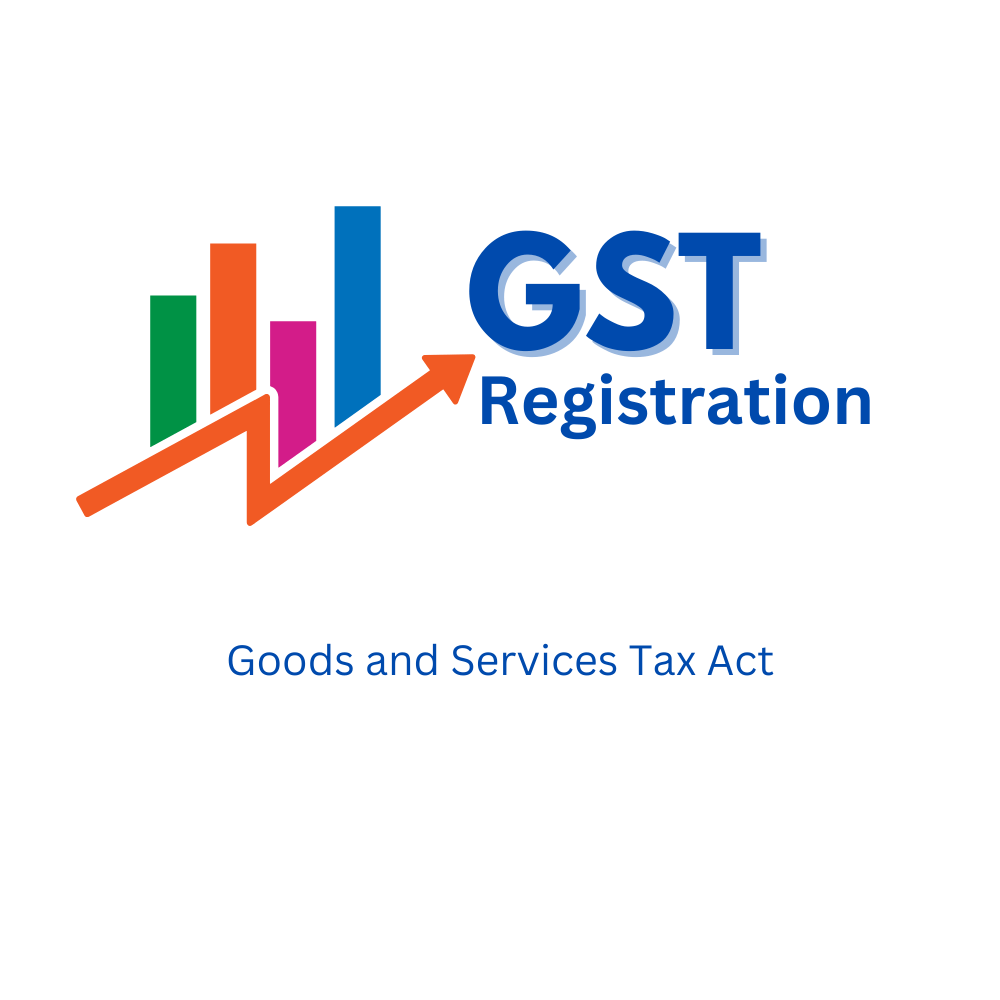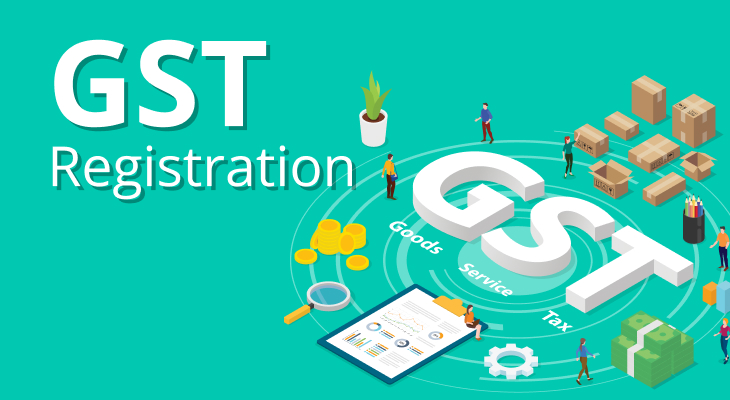Maximize Your Cost Savings with the most effective GST Registration Services in Singapore
Maximize Your Cost Savings with the most effective GST Registration Services in Singapore
Blog Article
From Beginning To End: The Ultimate Roadmap to GST Registration for Organizations Seeking Financial Stability
Navigating the intricacies of Product and Solutions Tax (GST) registration is a critical step for services pursuing economic security. From understanding the basic concepts of GST to complying with post-registration guidelines, the procedure can seem discouraging initially glance. Breaking down the roadmap right into workable steps can simplify the enrollment trip for services looking to boost their economic standing. Allow's check out the essential elements that comprise this ultimate roadmap and discover exactly how each stage adds to laying a solid structure for monetary success.
Recognizing GST Basics
Delving into the basic concepts of Goods and Solutions Tax (GST) is crucial for obtaining an extensive understanding of its implications on services and the economic climate. Input Tax Obligation Credit Report (ITC) is a substantial function of GST, enabling services to claim credit report for taxes paid on inputs, minimizing the total tax worry. Recognizing the essentials of GST is crucial for services to comply with tax obligation regulations, manage their finances effectively, and contribute to the nation's financial growth by participating in a clear tax system.
Qualification Requirements for Registration
To sign up for GST, organizations have to meet details qualification criteria developed by the federal government. The primary eligibility requirement is that any kind of organization entailed in the supply of items or services with an annual aggregate turn over above the threshold restriction established by the authorities need to sign up for GST. Since the current laws, the threshold limit for GST registration is a yearly accumulation turn over of 40 lakhs for companies operating within a state, besides special classification states where the limitation is 20 lakhs. Additionally, certain services are required to sign up for GST regardless of their turn over, such as interstate vendors, laid-back taxable individuals, and services reliant pay tax obligation under the reverse charge system. It is crucial for services to extensively assess their turn over and deal kinds to establish their GST enrollment responsibilities accurately. Failure to register for GST when eligible can result in charges and legal effects, making it vital for services to follow the specified eligibility requirements.
Records Required for Registration
Having actually fulfilled the eligibility standards for GST enrollment, organizations must now guarantee they have the requisite papers in area to continue with the enrollment process efficiently. The documents required for GST enrollment commonly consist of proof of business constitution, such as partnership action, enrollment certification, or unification certificate for various kinds of businesses. Additionally, services require to supply records establishing the major business, the original source such as a rental agreement additional resources or electrical energy expense. Frying pan card of business, in addition to the identification and address evidence of promoters/partners/directors, are important for confirmation functions. Financial institution account declarations, together with terminated cheques or a duplicate of the financial institution passbook, are called for to verify the financial details provided throughout enrollment. Additionally, companies have to have electronic signatures ready for the licensed notary. Making certain all these documents are organized and readily offered will certainly accelerate the GST enrollment process, allowing companies to adhere to tax obligation regulations flawlessly.
Step-by-Step Enrollment Process
Starting the GST enrollment procedure involves a series of organized actions to make certain a certified and seamless enrollment for services. The initial step is to visit the GST site and fill in the registration form with exact information of the business entity. Following this, the applicant gets a Temporary Reference Number (TRN) which is utilized to resume the application process if it's not completed in one go.
Following, all needed files as per the checklist supplied by the GST portal need to be published. These files generally include proof of organization identity, address and registration proofs of promoters, economic statements, and company entity's frying pan card.

Post-Registration Compliance Guidelines

Final Thought
Finally, organizations seeking economic security needs to recognize the fundamentals of GST, satisfy qualification resource standards, collect required records, follow the detailed registration procedure, and conform with post-registration guidelines - Best GST registration services in Singapore. By sticking to these steps, companies can make certain conformity with tax guidelines and preserve economic security in the future
Additionally, particular companies are called for to sign up for GST regardless of their turn over, such as interstate vendors, laid-back taxable persons, and companies liable to pay tax obligation under the reverse cost mechanism.Having actually met the eligibility standards for GST enrollment, services must now ensure they have the requisite records in area to continue with the enrollment procedure effectively. The records required for GST enrollment generally include proof of business constitution, such as collaboration action, registration certification, or consolidation certification for various types of companies. In addition, companies require to provide documents developing the principal location of service, such as a rental agreement or electrical power bill.Beginning the GST registration process includes a collection of structured actions to guarantee a seamless and certified enrollment for organizations.
Report this page